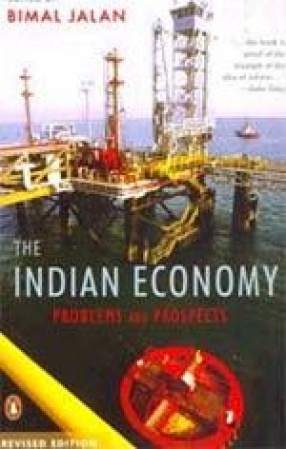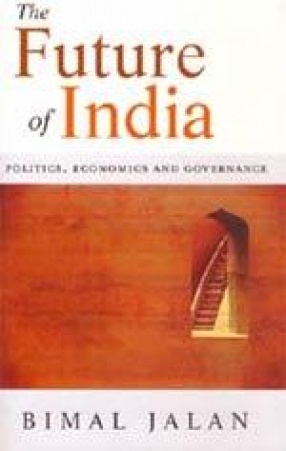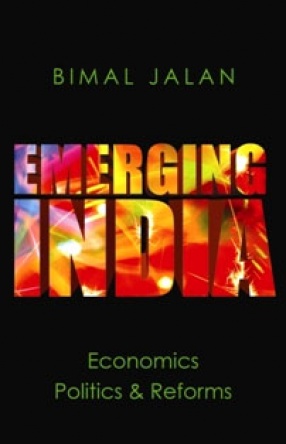India: Priorities for the Future
Bimal Jalan’s formidable analysis of the last four decades of India’s economic journey illuminates the nation’s transition from a strictly regulated, slow-growth state enterprise to one of the fastest-growing economies in the world. Dr Jalan has had a ringside view of financial governance during his long and distinguished career, which included stints as Union Finance Secretary and Governor of the Reserve Bank of India. Drawing on this vast experience he compares two distinct periods: 1980–2000 and 2000–15, to examine the core changes and their significance, and considers their lessons for the immediate future. Dr Jalan suggests six critical issues where change can make a difference: revisit the anti-defection law so parties that join a coalition cannot defect without having to seek re-election; make the states-rather than the centre-responsible for financial development programmes and poverty-alleviation schemes; establish rules to make Parliament’s proceedings orderly and purposeful; ensure a stable and competitive economic environment; make sure ministries are accountable for actual performance; and finally, rationalize the system of delivery of public services to persons below the poverty line. With such measures, India can become one of the fastest-growing emerging global powers and ensure that the benefits of such growth reach all her people.
Get it now and save 10%
BECOME A MEMBER











Bibliographic information